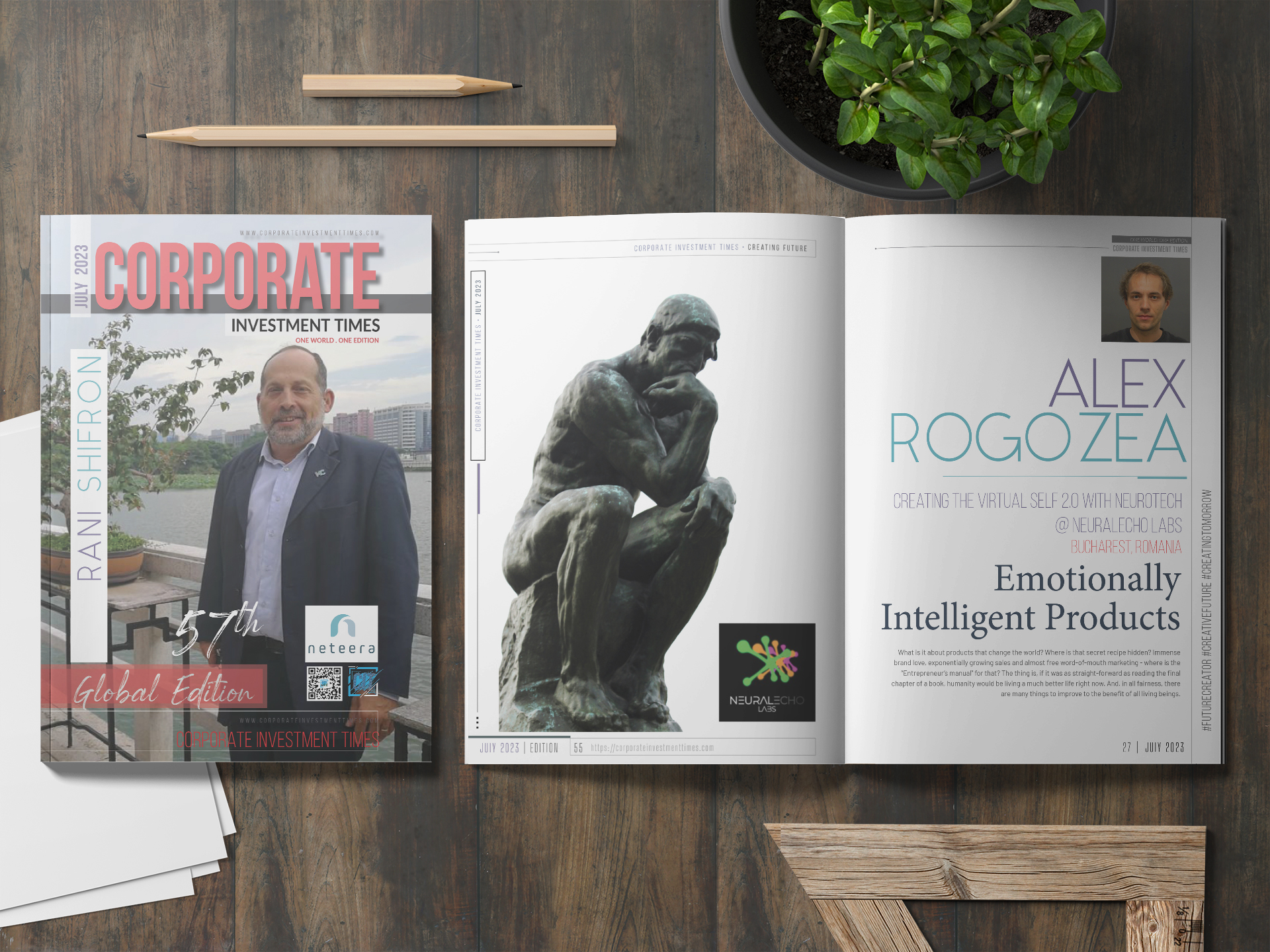
What is it about products that change the world? Where is that secret recipe hidden? Immense brand love, exponentially growing sales and almost free word-of-mouth marketing – where is the “Entrepreneur’s manual” for that? The thing is, if it was as straight-forward as reading the final chapter of a book, humanity would be living a much better life right now. And, in all fairness, there are many things to improve to the benefit of all living beings.

“Solve a problem!”
There’s a rule in the startup world, written in big, bold letters: “Solve a problem!”. Now, this is a great rule, because it encourages builders to create something useful, something that people ask for. Most founders follow the rule because it’s easy and fast to get funded, to go to market, and to sell such a product. Bringing food to hungry mouths will ensure the food is collected immediately.
There is however a catch – anyone with a decent degree of empathy knows that big problems are usually silent, are usually drowned and pushed into the back of the mind. Those are the problems that are seemingly unsolvable, that are no longer worth the effort of thoughts and spoken words. Feeling demotivated is not a spoken problem. Being in pain when you’re old is not a spoken problem. Having to press 100 small buttons repeatedly to write this sentence – is not a spoken problem. But take a step back and see where we are: they are problems, they do need solutions. Even though they’re left buried somewhere deep, under Instagram filters and 10-minute food delivery apps.
Those problems turn into dreams, they turn into invisible pains – just a background noise that our minds have learned to ignore, put somewhere next to unfulfilled childhood dreams.
But we’ll get back to them later in this article.
Emotional Intelligence
What about Emotional Intelligence, or EQ? For the last 50 years or more, it has been on the lips of psychologists, mentors and business people.
In short, it refers to the self-awareness of one’s own thoughts, own emotions, and the effects of one’s actions on their environment; the honesty with which we look deep within ourselves is critical: “Know thyself!”. It’s also about being receptive to other people’s thoughts, emotions and actions. And again, honesty is critical. In the end, the way one manages this information contributes greatly to the future they make for themselves. Harvard Business School identifies it as one of the most important treats that lead to success.
Does it apply in any way to creating products that people love? We’ll see in a few moments.
Tech Problems
But first, what about technology? Well, engineers, researchers and scientists love technology – it’s the only way to spend the bigger portion of one’s life in the company of equations, variables, diagrams and transistors without losing one’s mind. Day and night, drinking litres of coffee, putting all the effort needed to solve one problem, just so you can take a step and find the next one. Technology problem solving is straight-forward: if it doesn’t work – there’s a problem; if it works but it can be improved – there’s a problem. It’s almost like technology is telling you that something needs fixing, and you need to find a solution.
It sounds familiar, doesn’t it? It’s a very similar pattern with how most startups address the pool of problems they choose to solve.
Engineering with Emotional Intelligence
“Give a man a fish, you feed him for a day. Teach a man how to fish, you feed him for a lifetime.” We probably all heard it before, and we probably all expect that most of us, human beings, will ask for a fish, not for an online fishing course. That’s why problem solving is so financially rewarding. I think we can aim for an enlightening analogy: “Listen to the users’ words, and you’ll solve their immediate problems. Listen to the users’ emotions, and you’ll fulfil their biggest dreams.”
It requires more effort. It’s more uncomfortable. It’s surely less certain. And no one tells you clearly what’s hidden deep inside their mind. Not many people remember it. That’s where EQ comes into play: one uses their ability to identify silent wishes by empathising, and understanding more of the users’ behaviours rather than their words.
Obviously, no one wants to do things for free, but the reward is proportional to the size of the wish you fulfil. Let’s take ChatGPT as an example: despite every app built on top of it, in spite of all its inaccuracies and inconsistencies – the spark of fulfilling a drowned wish is what made it so popular. ChatGPT is the first teaser of an artificial construct that can communicate with us at a decent level. We dreamed about it since the first sci-fi films that showed AI replying to us in a meaningful way.
Think BIG
No one dares to tackle invisible problems, pains, dreams, because of a consistent focus on what’s simple, what’s fast and what’s obvious.
We will surely sell an app that synchronises all our calendars – and please, make a good one – but we might find solutions for mind-controlled human-computer interaction, for world hunger, for increasing social collaboration and self-awareness. We might make keyboards and mice obsolete, we might create free energy, we might develop cheap space travel, we might make sci-fi more sci and less fi.
We might think BIG, and it might lead to BIG solutions, BIG products.
Conclusion
Building products that change the world is not as straight-forward as reading a book chapter. But every special product you see around you was built by people like you and me.










